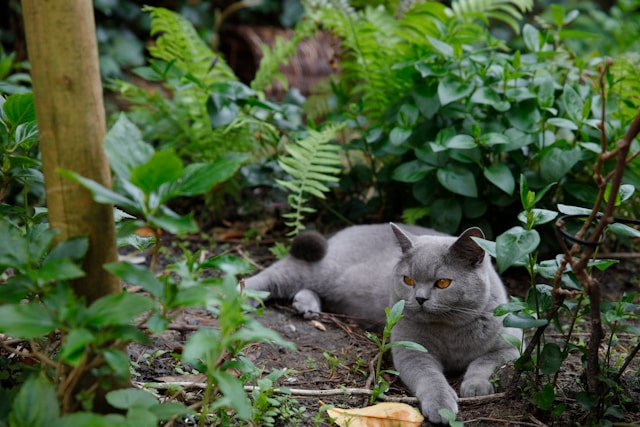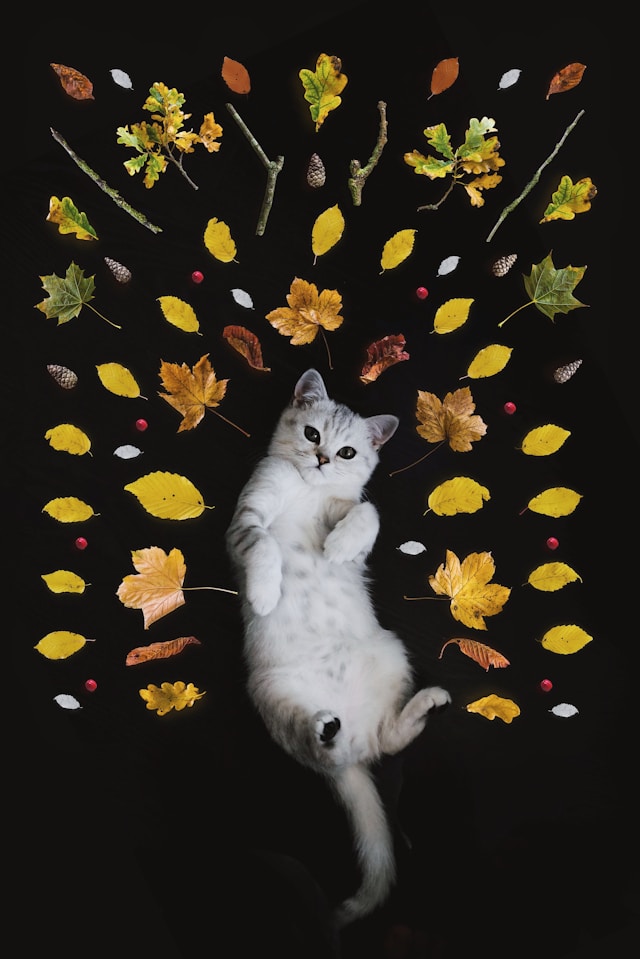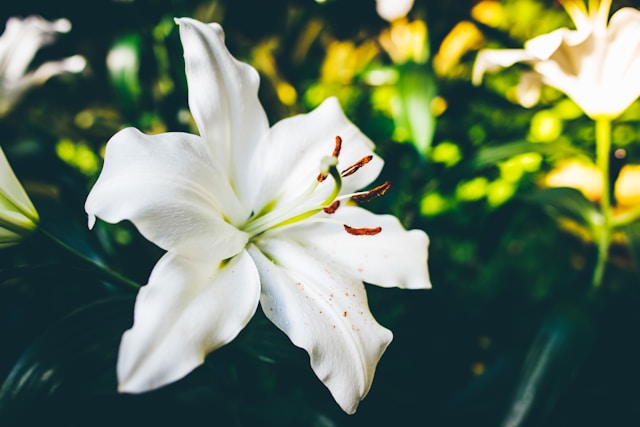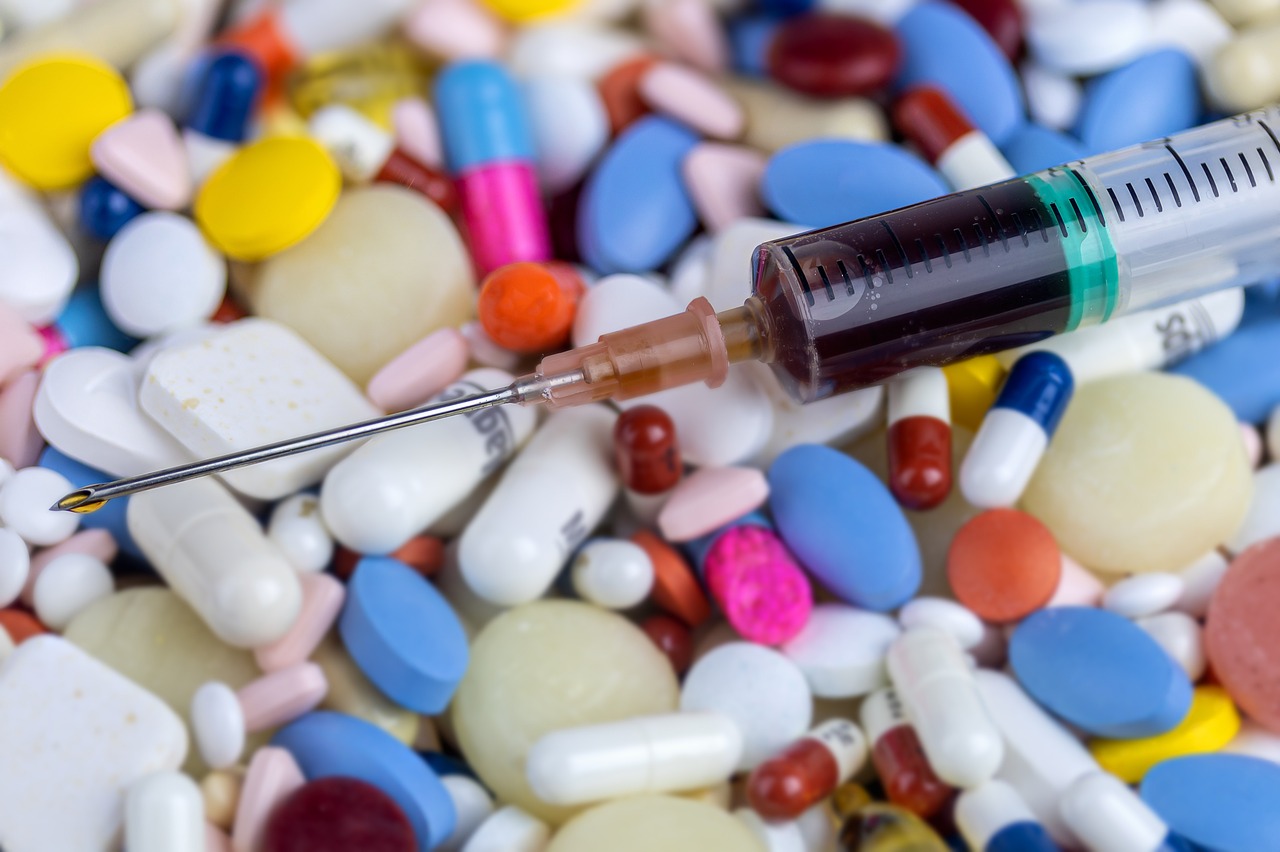Garden Safety for Pets: Spring Edition

However, before sowing the first seed, knowing that some plants enhancing our gardens and yards can pose health risks to our beloved animal companions is crucial.
Toxic Flora
Consuming poisonous plants is a common way pets, including dogs, cats, rabbits, turtles, and tortoises, inadvertently ingest harmful substances. Unfortunately, effective treatments for toxic plant ingestion are limited, making even a minor gardening mistake potentially catastrophic for your pet and your family.
List of Plants Reported as Toxic to Dogs, Cats, or Rabbits:
-
Asiatic lilies (especially concerning for cats)
-
Azalea
-
Crocus (spring and fall)
-
Daffodils (with the bulb being the most toxic)
-
Day Lily (especially relating to for cats)
-
Death Camas
-
Easter Lily (especially relating to for cats)
-
Foxglove
-
Hyacinth (with the bulb being the most toxic)
-
Lily of the Valley
-
Oleander
-
Rhododendron
-
Sago Palm
-
Tiger Lily (especially relating to cats)
-
Tulip (with the bulb being the most toxic)
-
Yesterday, Today, and Tomorrow
-
Fertilizers and Pesticides
No garden is complete without fertilizers and weed killers. While these products can enhance plant health, they can be harmful, or even fatal, to your pets.
Opt for pet-safe alternatives when using substances like snail bait and weed and feed products. Alternatively, consider organic solutions such as Mexican marigold, which naturally repels insects without harming animals. When in doubt, carefully review the product label and consult a gardening expert. If there is any uncertainty regarding the product's safety for your pet, it is advisable not to use it.
Artificial Plants
If you are contemplating replacing natural plants with artificial ones, some pets may find silk flowers equally enticing. Inquisitive puppies or kittens with a penchant for silk flowers can risk intestinal blockage. In most cases, ingestion of artificial plants may prompt vomiting. Other plants can lead to severe health issues, including kidney or liver failure, seizures, and even fatality.
To protect your pet from potential poisoning, keep known poisonous plants and toxic items out of their reach. Be vigilant for any signs of chewing on plants and toxic substances. If you suspect that your pet has consumed a poisonous thing, monitor them for symptoms of poisoning, and without delay, take your pet, along with a sample of the plant or toxic substance, to your veterinarian.
Get insurance plans with wide-ranging coverage options












